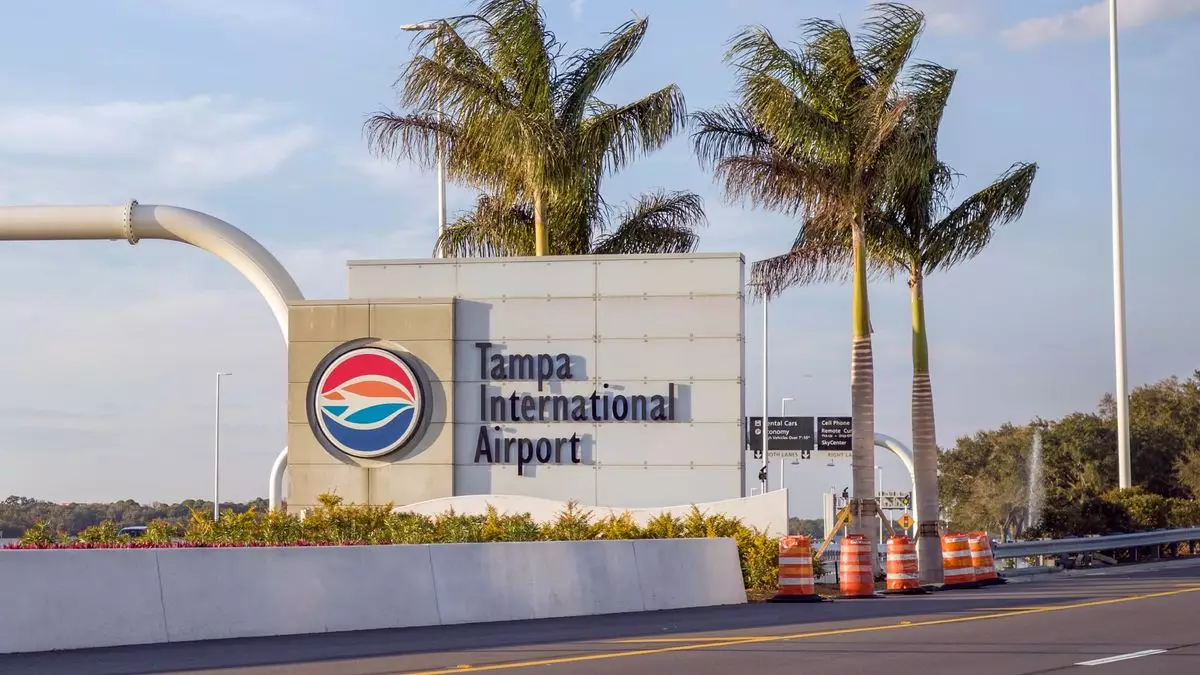In the wake of Hurricane Milton’s destructive impact, airports across Florida are gearing up to resume operations following thorough damage assessments and cleanup initiatives. Originally making landfall on the evening of October 9, 2024, as a Category 3 hurricane at Siesta Key—located just south of Sarasota—Milton wreaked havoc across the state. In an extensive effort to restore normalcy, both Tampa and Orlando airports announced that they would reopen on the morning of October 11, providing a much-needed lifeline to air travel in the area.
While Tampa International Airport (TPA) is still in the midst of cleanup, they are diligently working every hour to evaluate and remedy the damage inflicted by the storm. Social media updates are actively being shared, keeping travelers informed with the latest developments. Orlando International Airport (MCO) is facilitating a limited number of arrivals on the night of October 10, before fully reestablishing operations the following day. Similarly, Orlando Sanford Airport is expected to follow suit with its reopening on October 11. This coordinated reopening across major airports signals a crucial move towards recovery for both the travel industry and the local economy.
Despite these positive developments, the storm’s severity has left its mark on air travel. FlightAware reported that over 2,200 flights were scrubbed on Thursday alone, reflecting the widespread disruption caused by Hurricane Milton. As part of recovery efforts, Palm Beach Airport managed to reopen on Thursday afternoon, while Fort Myers Airport confirmed it would remain closed but plans to reopen the following day. Notably, Sarasota Airport, located a mere twelve miles from the hurricane’s landfall, indicated it would remain shuttered through Friday, pending evaluations of safety and operational conditions.
In addition to the airports directly impacted, Melbourne Airport on Florida’s central east coast is also grappling with the aftermath of Milton, anticipating a Friday morning reopening, albeit after sustaining roof damage. The damage is a stark reminder of the risks coastal locations face during hurricane season, and the ramifications are likely to linger as evaluations continue and repairs are made.
As the region navigates through the post-hurricane landscape, a collaborative spirit emerges—a resilience evident in the airport authorities’ commitment to ensuring the safety and convenience of travelers while addressing the pressing challenges posed by nature’s fury. While the immediate focus remains on restoration and operational readiness, the longer-term implications of Hurricane Milton will undoubtedly shape the way airports and communities prepare for future storms. This incident underscores the importance of robust emergency protocols and the need for physical infrastructure capable of withstanding extreme weather.


Leave a Reply